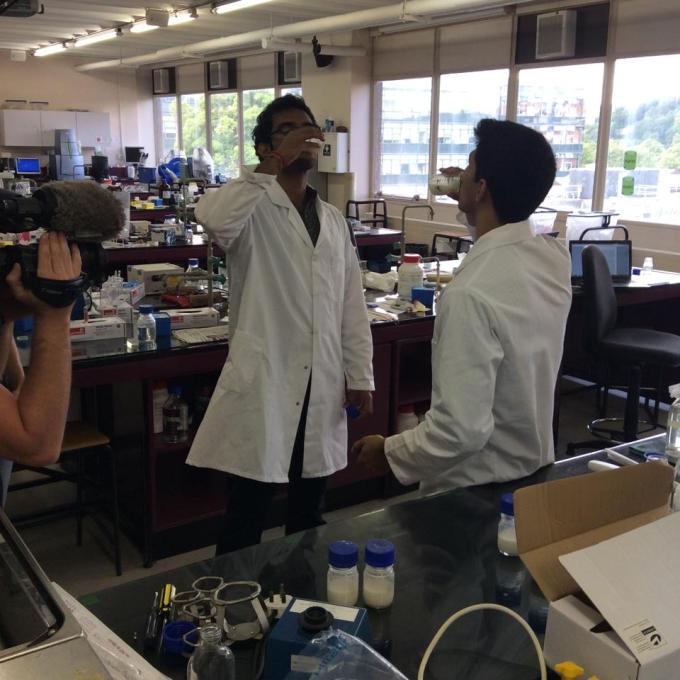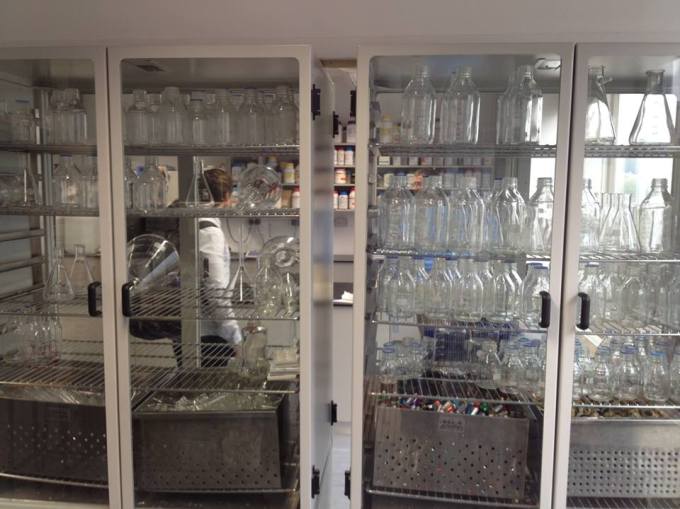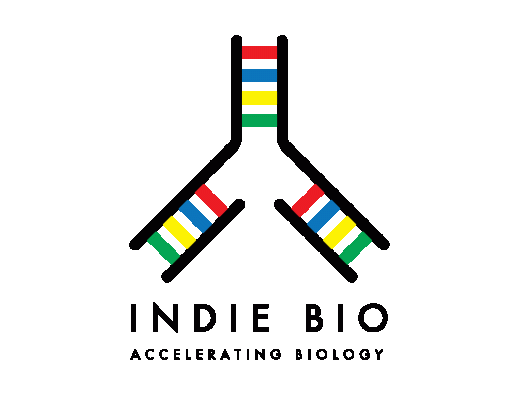International VC firm SOSVentures is capitalizing on the now buzz worthy biotech investment trend with the creation of IndieBio, the first accelerator to focus on just life sciences.
Y Combinator raised a few eyebrows when it accepted five biotech companies out of the 80 startups in its program this last summer. That was a first for the Silicon Valley accelerator. But IndieBio partners tell us they were already thinking along those lines when Y Combinator started making in-roads with those life sciences startups.
“I think it’s far more likely than not that the YC for biotech will be YC.” President of Y Combinator Sam Altman told us when we reached out to him about the new biotech accelerator. “We’ll be doing more here in the future, and I think at this point we have the kernel of a critical mass of biotech companies,” he explained.

More than $3.9 billion has been poured into U.S. life sciences companies this year and we’ve seen biomedicine making some truly remarkable breakthroughs as well. Tack on the use of laboratory robotics, machine learning, cloud computing and reduced costs and you get a much more lucrative investment with some nearly miraculous results. Breakout Labs, an investment fund out of the Thiel Foundation, has made it a mission to find and fund early-stage startups involved in biomedicine and food science. Google Ventures, Founders Fund and several other VC firms have started to take a keener interest in biotech investments in the last year as well. That sent a signal to co-founder of IndieBio and SOSVentures partner Arvind Gupta that it was time to take on YC with a separate accelerator that could be devoted solely to biotech.
“Writing genetic code like we do software will usher in a completely new way of living for all of us,” Gupta tells TechCrunch, “When this happens, our society will be as fundamentally changed as we have seen from the invention of computers.”
IndieBio has nabbed Naveen Jain, co-founder of Immunity Project and CEO of Science Exchange Elizabeth Iorns as mentors. Both have been heavily involved in Y Combinator. Jain was in the last batch and Ilorns is a current partner there. A strong cast of life sciences experts join them, including famed Harvard University genetics expert George Church, 23andMe co-founder Linda Avey, Antony Evans, the CEO of Glowing Plants, AXLR8R founder Cyril Ebersweiler and Andrew Hessel from Autodesk. Also of note, IndieBio is acquiring Berkeley BioLabs and bringing in Ryan Bethencourt, a pioneer in the DIYbio movement and helped found Counter Culture Labs, Berkely BioLabs and BioCurious, all three biotech incubators in the Bay Area.
“What few investors in Silicon Valley have yet to realize is that the billion dollar startups of the future won’t be limited to just the tech industry. Meaningful applications of biotechnology will positively impact the lives of everyone on this planet and with advances in biotechnology, we can now build these companies for the same investment as an app startup.” explains Bethencourt on why he jumped the XPrize ship to help build out this new accelerator program.
Bethencourt also believes out that it was only a matter of time before an accelerator like this came along and that this is the culmination of many movements happening concurrently. He points out that SOSVentures can reasonably ensure the long-term success of IndieBio with a backing of $250 million in funding. “This is really similar to the way Y Combinator started,” he says.

The accelerator program will run three batches a year. The first one starts off in SF in the middle of January. It then travels to Cork, Ireland in the spring of next year. This is where SOSVentures first tested the idea this summer, under the name Synbio Axlr8r. It then returns to SF again in September. Those accepted into the program get $35,000 in seed, key mentorship from those involved in XPrize, Berkeley BioLabs and 23andMe and the use of lab space for a couple of months, in exchange for 8% equity. Compare that to YC, which offers participants $120,000 but no place to set up lab experiments.
“The first batch of six companies who completed the Cork program have exceeded all of our expectations,” says Bill Liao, a partner at SOS and co-founder of IndieBio. “From synthesizing cannabanoids in yeast to cow free milk, we believe this is the right time to invest in independent synthetic biology.”
Those interested in becoming a part of the first batch have until November 7th to apply.
